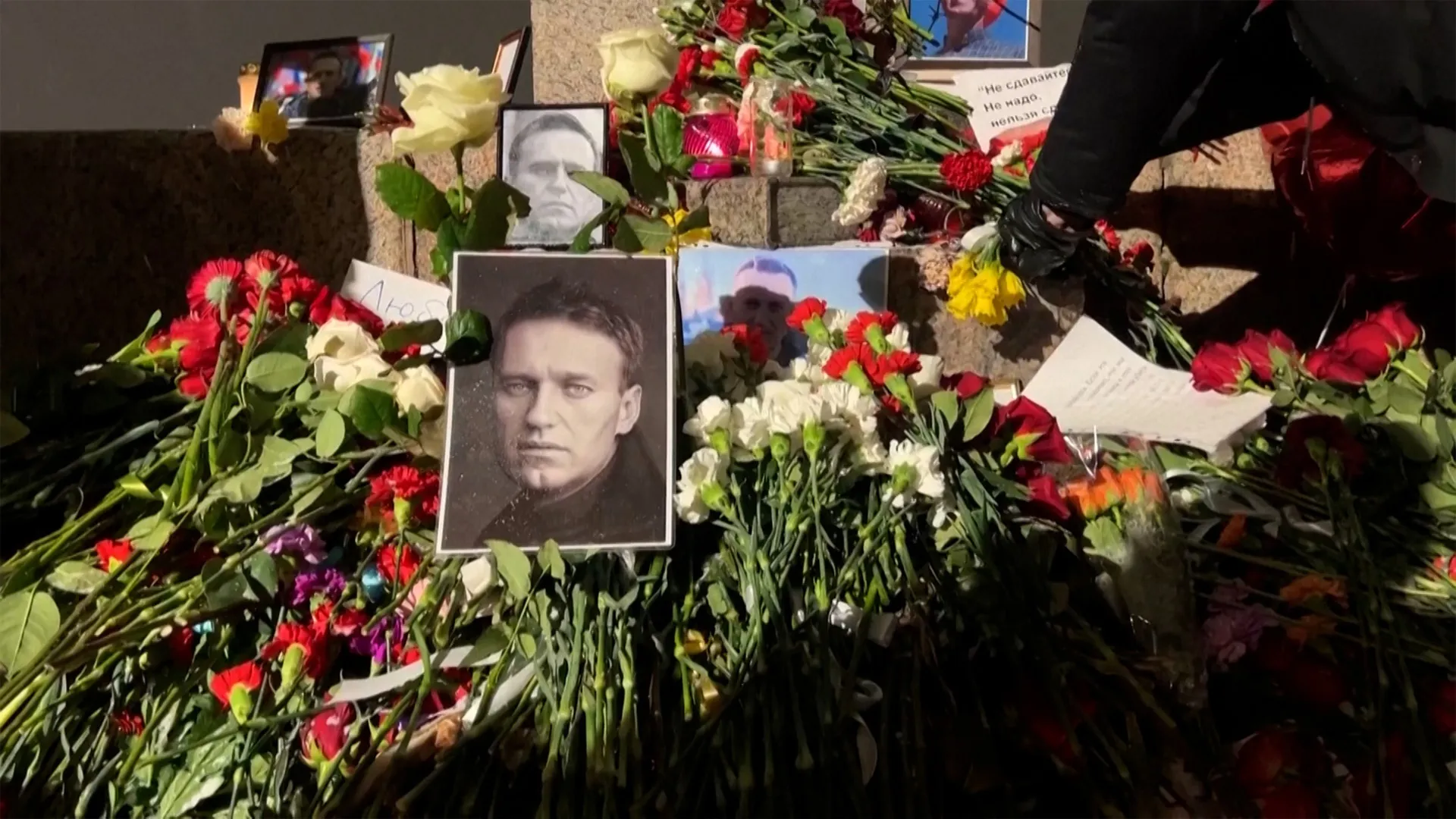Europeans say Russia poisoned dissident Alexey Navalny with dart frog toxin | Vladimir Putin
Five European countries say lab tests conclude that Russian opposition leader Alexey Navalny was killed in 2024 by a rare dart frog toxin while serving a 19-year sentence in a Siberia prison. Moscow rejects the claim as Western disinformation, insisting he died of natural causes.
Published On 15 Feb 2026
